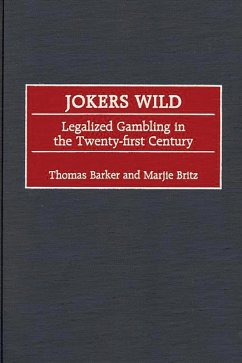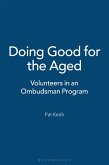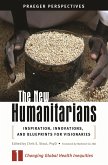A history and analysis of gambling in the United States from bingo to state lotteries to Indian gaming and the rise of Las Vegas, this book reveals how we have become a nation of gamblers and what the future holds for the gambling industry. From the colonial era to the present, Americans have enjoyed a love-hate relationship with gambling. It is a pastime that has gone from sin to recreational activity, and an industry that has moved from control by organized crime to management by executives with MBAs. While gaming is one of the nation's fastest-growing industries, Barker and Britz predict that this process will slow or stop in the next century as the result of market saturation and unknown social and economic effects which loom over the glitz, glamour, and action. Providing the latest information on the nature and extent of legalized gambling in the United States, this study examines why we gamble and how the relative impact of the activity differs in certain segments of the population. Legalized gambling is, at best, problematic behavior with both good and bad consequences. State-sponsored gambling, both in the form of monopolistic lotteries and in tribal casinos, does to some extent call into question the proper role of the state or tribal nation in promoting a potentially harmful activity among its citizens. States that have looked to legalized gambling as a source of economic salvation may soon experience difficulties as gambling venues multiply and unregulated Internet gambling becomes more widespread.
Bitte wählen Sie Ihr Anliegen aus.
Rechnungen
Retourenschein anfordern
Bestellstatus
Storno









